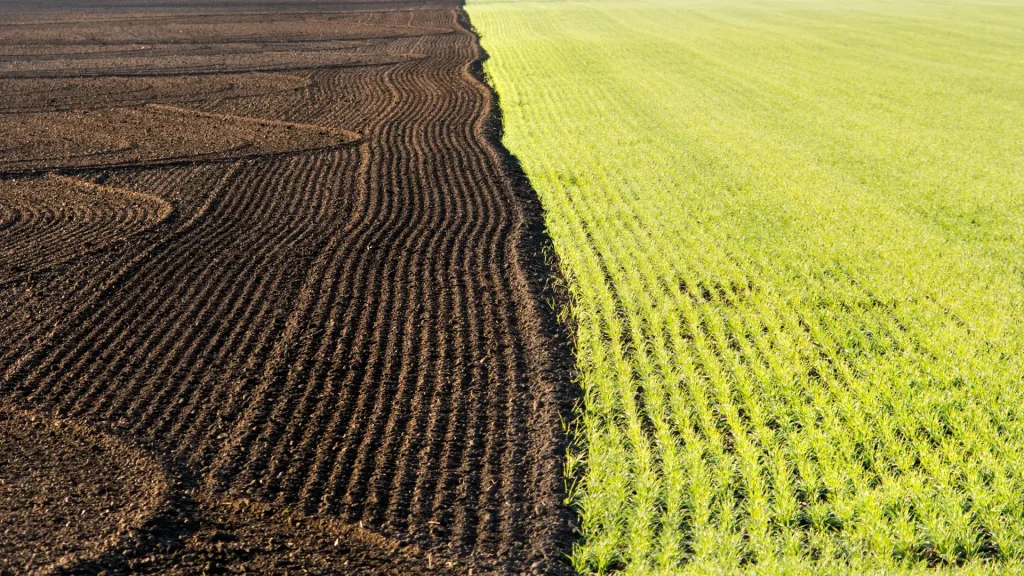InSoil, Anew Climate to Deliver 500,000 Verified Soil Carbon Removal from Lithuania

• Partnership to supply over 500,000 soil carbon removals verified under Verra’s VCS VM0042 standard.
• Independent verification by SCS Global confirms 2.27 tCO₂e per hectare per year across 20,000 hectares.
• Agreement includes pre-sold carbon volumes, enabling early payments to farmers adopting regenerative practices.
Lithuania’s Farms Become a Carbon Sink
InSoil, a European regenerative agriculture company, has partnered with Anew Climate, a U.S.-based environmental markets firm, to deliver more than 500,000 independently verified soil carbon removals from Lithuanian farms. The four-year agreement is among the first large-scale, verified soil carbon projects in Central and Eastern Europe, offering companies access to high-quality credits while directing finance toward climate-positive farming practices.
The credits were developed under Verra’s VCS VM0042 standard and verified by SCS Global. They will be available for purchase through Anew Climate, with deliveries expected in late 2025 or early 2026.
Data-Backed Carbon Removal at Scale
The partnership allows Anew Climate’s clients to buy soil carbon removals generated by Lithuanian farmers who have transitioned to regenerative methods such as cover cropping, conservation tillage, residue management, and crop diversification. These practices improve soil structure and fertility while sequestering atmospheric carbon dioxide.
SCS Global’s independent verification found that the program achieved an average carbon sequestration rate of 2.27 tonnes of CO₂ equivalent per hectare per year during its first monitoring period. Data was collected from nearly 20,000 hectares of farmland across Lithuania, producing a portfolio of verified, durable carbon removals based on rigorous soil sampling and additionality.
Financing the Shift to Regenerative Systems
The agreement’s pre-sold carbon volume provides early financial rewards to participating farmers—an incentive structure still rare in soil carbon markets. By enabling upfront capital, the model supports farmers in adopting new practices that enhance both soil carbon and crop productivity.
Each farm in the InSoil program undergoes dense sampling protocols—16 soil samples per 100 hectares—to ensure scientific accuracy and transparency. Beyond carbon sequestration, participating farms benefit from improved soil health, greater water retention, enhanced biodiversity, and reduced erosion.
RELATED ARTICLE: Microsoft Purchases 970,000 Forest Carbon Removal Credits from Anew Climate
Building a Regenerative Europe
Following the Lithuania project, InSoil plans to expand its Carbon Farming Program into Poland and Ukraine, extending the benefits of regenerative agriculture to more of Europe’s productive farmland. The company aims to establish a scalable framework for soil carbon accounting that aligns with regional sustainability goals and supports Europe’s Net Zero strategy.
Fernando Hierro Garcia, Head of Carbon at InSoil, said Europe’s farmers are central to the continent’s decarbonization path. “Soil, second only to oceans in its carbon-storing power, makes Europe’s farmers the cornerstone of the continent’s Net Zero goals. Through regenerative agriculture they can capture carbon, restore ecosystems, and strengthen food resilience—provided they receive the necessary financial and agronomic support,” he said.
Implications for Investors and Policy Leaders
For investors and corporates seeking credible offsets, the InSoil–Anew collaboration provides a new supply of verified removals in a market where high-integrity soil carbon credits remain limited. For policymakers, the initiative highlights how credible verification standards and farmer financing mechanisms can accelerate agricultural transitions across the EU’s eastern member states.
The project arrives as Europe’s carbon markets face growing scrutiny over credit quality and permanence. By combining Verra verification, third-party auditing, and transparent data collection, InSoil and Anew Climate are positioning their model as a benchmark for measurable, durable removals rooted in primary production.
As the voluntary carbon market evolves toward stricter integrity standards, Europe’s farmlands could emerge as one of the most scalable natural carbon sinks—if backed by sound governance, investment, and data transparency. The InSoil–Anew partnership demonstrates how soil, once seen as an overlooked carbon reservoir, is fast becoming a core asset in global climate finance.
Follow ESG News on LinkedIn












